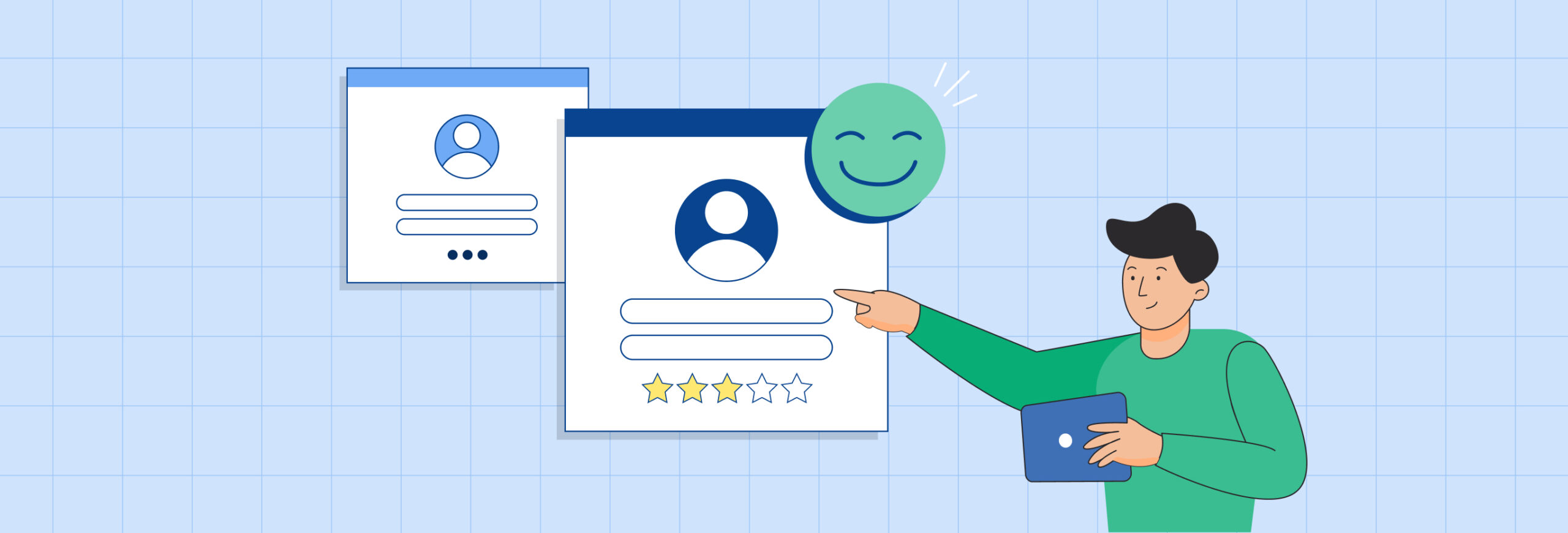The world of work is constantly evolving, with each generation bringing their own perspectives, expectations, and ways of working. As we say goodbye to millennials, a new generation, Gen Z, is increasingly entering the workplace. Born in the mid-1990s and early 2010s, this generation of digital natives is poised to shape the future of work. In this blog post, we explore how Gen Z may impact the workplace and provide AI-driven insights and recommendations on how businesses can effectively harness and capitalize on this emerging workforce potential.
Embracing Technological Fluency

Generation Z has grown up in a hyper-connected digital age where technology has become an integral part of their daily lives. They are tech-savvy and adaptable, able to quickly adopt new tools and platforms. Organizations must recognize and leverage their technology culture to drive innovation and efficiency in the workplace. AI-powered analytics can identify emerging trends and technologies preferred by Gen Z, enabling organizations to provide access to the latest technology, foster a collaborative digital environment, and leverage AI algorithms to optimize social media for professional networking and knowledge sharing, thereby engaging and empowering employees in the Generation Z.
Cultivating a Sense of Purpose

Generation Z is known for their desire to make a positive impact on the world. They value purposeful work and seek out organizations that align with their values. To attract and retain top Gen Z talent, employers must articulate a clear mission and demonstrate a commitment to social responsibility. AI-driven sentiment analysis can help identify and understand the specific values and causes that resonate with this generation. By incorporating AI algorithms, organizations can ensure that meaningful job opportunities are emphasized, diversity and inclusion are promoted, and the commitment to corporate social responsibility is effectively communicated. Companies that put purpose first, guided by AI-driven insights, will not only attract Gen Z employees but will also create a more engaged and motivated workforce.
Lifelong Learning and Growth

Gen Z values personal and professional development. They prioritize learning opportunities and are eager to acquire new skills. To attract this generation, organizations must create a culture of continuous learning and growth. AI-powered learning platforms can provide personalized recommendations for training programs and development opportunities based on individual preferences and career aspirations. By leveraging AI, organizations can offer Gen Z employees access to e-learning platforms, mentoring programs, and skills development workshops that align with their specific needs and interests. Additionally, AI-driven performance evaluations can provide regular feedback and identify areas for professional development, fostering a sense of purpose and maximizing talent retention.
Encouraging Collaboration and Flexibility

Gen Z grew up in an age of connection and collaboration. They are used to working in teams and value a flexible work environment. Companies can engage this generation by fostering a collaborative work culture, providing AI-powered virtual teamwork platforms that facilitate seamless collaboration, and adopting flexible working arrangements. AI can assist in identifying and implementing effective collaboration tools and platforms tailored to the preferences of Gen Z employees. By offering remote work options and flexible schedules, organizations can improve work-life balance and meet the evolving preferences of Gen Z, resulting in increased productivity and heightened employee satisfaction.
Embracing Diversity and Inclusion

Generation Z is the most diverse generation. They value diversity in all its forms and seek an inclusive work environment. To engage this generation, organizations must prioritize diversity and inclusion initiatives. AI-powered analytics can help identify potential biases and inequalities within the workplace and provide data-driven recommendations for implementing diverse work practices. By leveraging AI, organizations can create an inclusive culture that promotes equal opportunity for all employees, fosters a sense of belonging, and encourages innovation. Companies that embrace diversity and inclusion, guided by AI insights, not only attract Gen Z talent but also cultivate a more dynamic and creative workforce.
Conclusion
As Generation Z enters the workforce, organizations will need to adjust their strategies to effectively embrace and capitalize on the potential of this emerging generation. The keys to hiring and retaining Gen Z employees are developing technology literacy, fostering a sense of purpose, fostering continuous learning and growth, fostering collaboration and flexibility, and embracing diversity and inclusion. With the help of AI-driven tools and insights, organizations can create a thriving work environment that fosters innovation, productivity, and employee satisfaction.
By leveraging AI-powered data analysis, organizations can gain a deeper understanding of Gen Z’s preferences, motivations, and expectations in the workplace. This knowledge can inform talent acquisition strategies, enabling companies to attract and hire the right candidates from this generation. AI algorithms can analyze vast amounts of data to identify patterns and trends, helping organizations tailor their recruitment efforts to align with Gen Z’s interests and values.

Once hired, organizations can utilize AI-driven onboarding processes to create a personalized and engaging experience for Gen Z employees. AI-powered chatbots can provide real-time support and answer frequently asked questions, while virtual reality simulations can immerse new hires in virtual environments that replicate real-life work scenarios. These technologies can enhance the onboarding experience, ensuring that Gen Z employees feel welcomed, valued, and equipped with the necessary tools to excel in their roles.
AI can also play a crucial role in fostering continuous learning and growth for Gen Z employees. Adaptive learning platforms powered by AI algorithms can deliver personalized training content based on individual learning styles and preferences. Machine learning algorithms can analyze performance data to identify skill gaps and recommend targeted training programs. By leveraging AI in learning and development initiatives, organizations can empower Gen Z employees to acquire new skills, stay updated with industry trends, and thrive in their careers.
Furthermore, AI-powered collaboration tools can facilitate seamless communication and teamwork among Gen Z employees. Virtual meeting platforms with built-in AI features can enhance video conferences by automatically generating meeting summaries and action items. AI chatbots can streamline internal communication by providing quick access to information and facilitating team collaboration. These technologies can foster a sense of connection and teamwork, even in remote or hybrid work environments, aligning with Gen Z’s collaborative nature.
In conclusion, embracing AI in the workplace is crucial for effectively harnessing and capitalizing on the potential of Generation Z. By leveraging AI-driven insights and technologies, organizations can create a work environment that aligns with Gen Z’s expectations and preferences, driving engagement, productivity, and overall success. As organizations adapt to the changing dynamics of the workforce, integrating AI into their strategies will be key to attracting, retaining, and maximizing the potential of this emerging generation.






